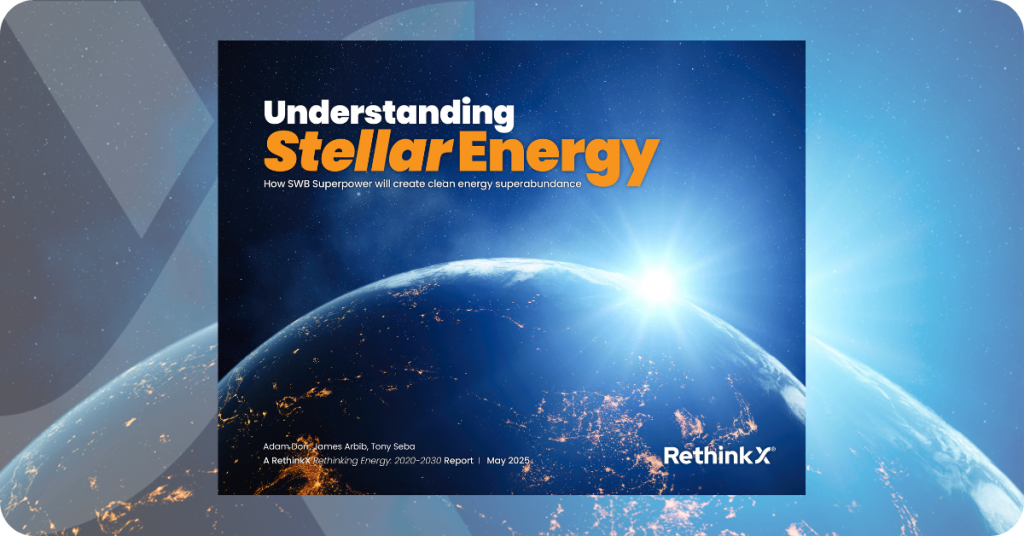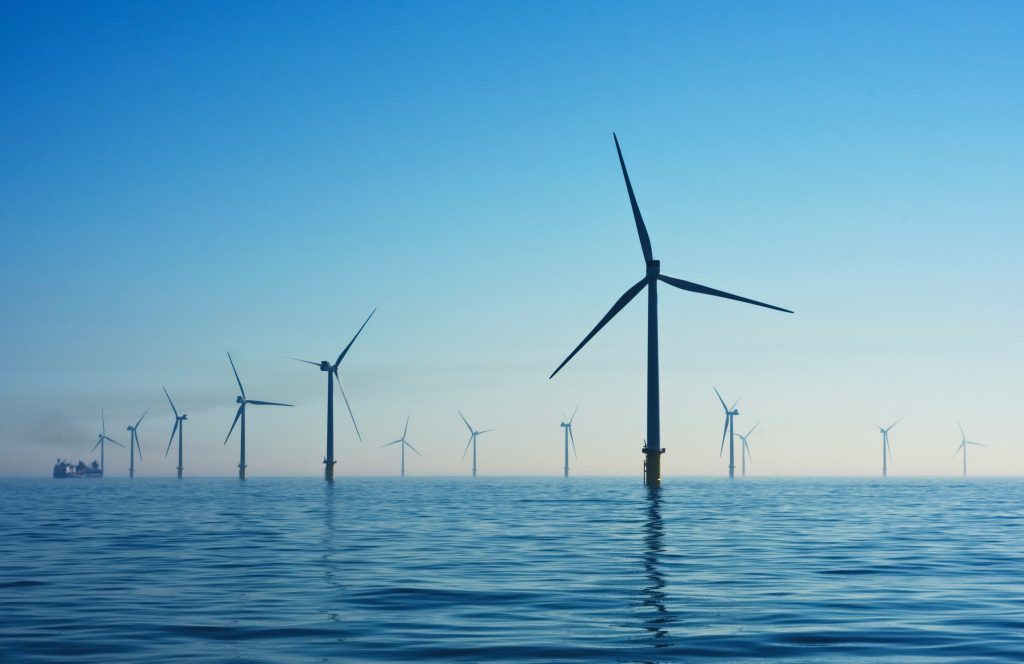
By: The Posts Author | Posted on: 16 May 25
By Bradd Libby and Adam Dorr
By Bradd Libby and Adam Dorr

By: The Posts Author | Posted on: 12 Dec 24
By Taylor Hinds
By Taylor Hinds

By: The Posts Author | Posted on: 9 Oct 24
By Taylor Hinds
By Taylor Hinds

By: The Posts Author | Posted on: 26 Jul 22
Mock up of future development of Sri Lanka’s port city of Colombo (Source: YouTube) Sri Lanka is deeply embroiled in a crisis. Fuel shortages have led to protests. Food protests have led to riots. The President fled the country and then resigned by email. A new President was just elected on Wednesday, July 20, but he is no outsider – he has been Prime Minister six times already. The crisis appears to be the result of a convergence of factors, all hitting simultaneously in just the past couple of years: a collapse in tourism revenue due to COVID, greater fossil
Mock up of future development of Sri Lanka’s port city of Colombo (Source: YouTube) Sri Lanka is deeply embroiled in a crisis. Fuel shortages have led to protests. Food protests have led to riots. The President fled the country and then resigned by email. A new President was just elected on Wednesday, July 20, but he is no outsider –

By: The Posts Author | Posted on: 13 May 22
Solar panels on the Werkspoorfabriek, a large industrial warehouse, in Utrecht Germany can shift its entire electricity system onto solar, wind and batteries by 2030 for less than 1% of its GDP. And the country’s entire energy system can go 100% clean energy by 2035 for less than what it spends on fossil fuels. In 10-15 years, Germany can change everything, permanently ending the era of dependence on expensive, volatile fossil fuel extraction, and leading the way for Europe to do the same. At RethinkX, with the Russian invasion of Ukraine prompting European governments in particular to radically rethink their
Solar panels on the Werkspoorfabriek, a large industrial warehouse, in Utrecht Germany can shift its entire electricity system onto solar, wind and batteries by 2030 for less than 1% of its GDP. And the country’s entire energy system can go 100% clean energy by 2035 for less than what it spends on fossil fuels. In 10-15 years, Germany can change

By: The Posts Author | Posted on: 14 Mar 22
Industry in Russia Conventional analysts are looking at the Russian invasion of Ukraine through the lens of military strategy and geopolitical rivalry. But the invasion and its geopolitical consequences can only be properly understood in the context of wider transformations in the global economy, driven by disruptions unfolding across every major sector, namely, energy, transportation, food, information and materials. The Russian invasion of Ukraine is, in other words, symptomatic of a much wider process: the economic and military unwinding of the age of extraction as an entirely new system emerges. Six years ago, RethinkX’s co-founders Tony Seba and James Arbib
Industry in Russia Conventional analysts are looking at the Russian invasion of Ukraine through the lens of military strategy and geopolitical rivalry. But the invasion and its geopolitical consequences can only be properly understood in the context of wider transformations in the global economy, driven by disruptions unfolding across every major sector, namely, energy, transportation, food, information and materials. The

By: The Posts Author | Posted on: 7 Feb 22
“What about the Jevons Paradox?” This is a common refrain in environmental discourse. It’s another way of asking, “won’t new technology always just create more problems than it solves?” William Stanley Jevons was an English economist and mathematician who noticed in 1865 that, paradoxically, the consumption of coal actually increased when technological progress improved the efficiency of steam engines. Efficiency lowers costs, which lowers prices, which increases demand. And, sometimes, the increase in demand is so disproportionately large that overall consumption actually grows. This outcome came to be known as the Jevons Effect, or Jevons Paradox. The Jevons Effect
“What about the Jevons Paradox?” This is a common refrain in environmental discourse. It’s another way of asking, “won’t new technology always just create more problems than it solves?” William Stanley Jevons was an English economist and mathematician who noticed in 1865 that, paradoxically, the consumption of coal actually increased when technological progress improved the efficiency of steam engines.

By: The Posts Author | Posted on: 2 Dec 21
We are witnessing the start of the most profound disruption of the energy sector in over a century. Like others throughout history, this disruption is the result of a convergence of several key technologies – namely, solar photovoltaics, onshore wind power, and lithium-ion batteries (SWB). A 100% SWB energy system is possible as soon as 2030 in regions that choose to lead, and because energy accounts for over half of all greenhouse gas emissions, the clean disruption of this sector will be a large part of how we can reduce emissions by 90% by 2035. A common question that arises
We are witnessing the start of the most profound disruption of the energy sector in over a century. Like others throughout history, this disruption is the result of a convergence of several key technologies – namely, solar photovoltaics, onshore wind power, and lithium-ion batteries (SWB). A 100% SWB energy system is possible as soon as 2030 in regions that choose

By: The Posts Author | Posted on: 27 Oct 21
Technology disruptions already underway in the energy, transportation, and food sectors have extraordinary implications for climate change. These three disruptions alone, driven by just eight technologies, can directly eliminate over 90% of net greenhouse gas (GHG) emissions worldwide within 15 years. Our previous research has shown that these disruptions are inevitable. Solar, wind, and batteries (SWB) will disrupt coal, oil, and gas. Autonomous electric vehicles (A-EVs) providing transportation-as-a-service (TaaS) will disrupt internal combustion engines and private vehicle ownership. And precision fermentation and cellular agriculture (PFCA) will disrupt meat, milk, and other animal products. The three disruptions are already unfolding simultaneously,
Technology disruptions already underway in the energy, transportation, and food sectors have extraordinary implications for climate change. These three disruptions alone, driven by just eight technologies, can directly eliminate over 90% of net greenhouse gas (GHG) emissions worldwide within 15 years. Our previous research has shown that these disruptions are inevitable. Solar, wind, and batteries (SWB) will disrupt coal, oil,

By: The Posts Author | Posted on: 26 Oct 21
Despite all of the doom and gloom that surrounds climate change today, there has never been greater cause for optimism about the future of the environment. The reason why is that we already have the tools we need to meet this formidable challenge. But some tools are better than others, and if we get distracted by the wrong ones we could lose trillions while failing to solve the problem, so it is crucial that we stay focused and use the right tools for the job. Climate change represents a genuine existential threat to our civilization that is rivaled in magnitude
Despite all of the doom and gloom that surrounds climate change today, there has never been greater cause for optimism about the future of the environment. The reason why is that we already have the tools we need to meet this formidable challenge. But some tools are better than others, and if we get distracted by the wrong ones we
- 1
- 2







